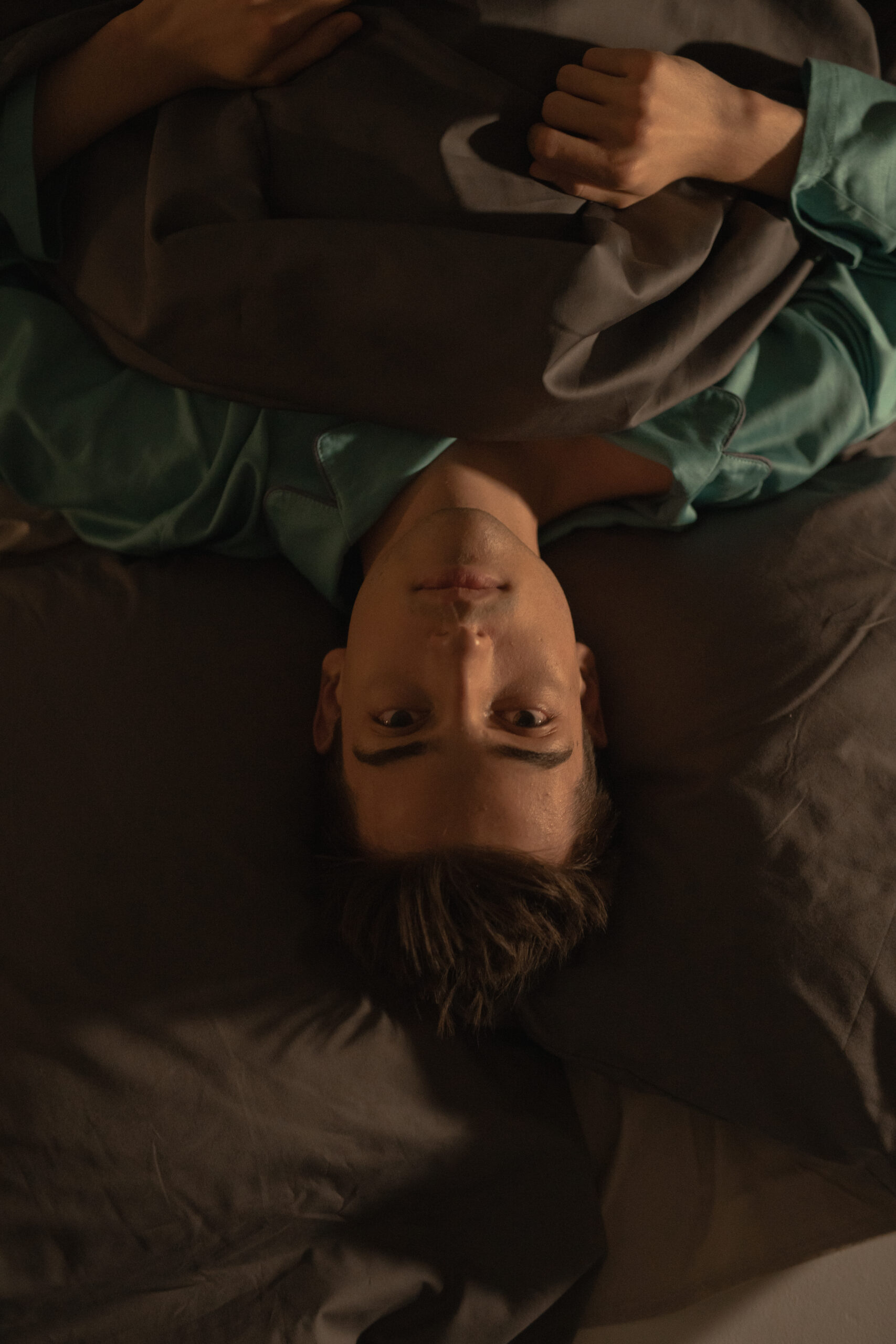What are the effects of restless leg syndrome on insomnia?
Title: The Link Between Restless Leg Syndrome and Insomnia: Exploring the Effects
Introduction:
For many, a good night’s sleep is an elusive luxury. Tossing and turning, unable to find a comfortable position, and feeling an uncontrollable urge to move the legs can be incredibly frustrating. This combination of symptoms often signifies a condition known as Restless Leg Syndrome (RLS), which can have a significant impact on one’s sleep quality, leading to insomnia. In this blog post, we will delve into the effects of RLS on insomnia and explore ways to manage both conditions effectively.
Understanding Restless Leg Syndrome:
Restless Leg Syndrome is a neurological disorder characterized by an irresistible urge to move the legs, usually accompanied by uncomfortable sensations. These sensations can range from throbbing, itching, tingling, or crawling, and are often temporarily relieved by movement. RLS symptoms typically worsen during periods of inactivity, particularly in the evening or at night, making it difficult for individuals to fall asleep or stay asleep.
The Vicious Cycle of Insomnia:
Insomnia, commonly known as the inability to fall asleep or stay asleep, is a common consequence of Restless Leg Syndrome. The uncomfortable sensations experienced by individuals with RLS often intensify when they lie down or try to relax, making it challenging to unwind and drift off into a restful sleep. This can lead to a vicious cycle of sleeplessness, as the lack of sufficient sleep worsens RLS symptoms, further exacerbating insomnia.
Effects of Restless Leg Syndrome on Insomnia:
1. Difficulty falling asleep: The discomfort associated with RLS can make it challenging to initiate sleep. The urge to constantly move the legs can prevent individuals from finding a comfortable position, leading to prolonged periods of restlessness.
2. Frequent awakenings during the night: RLS can cause intermittent movements and twitches during sleep, causing individuals to wake up frequently throughout the night. These interruptions prevent the body from entering deep, restorative sleep stages, resulting in a lack of quality rest.
3. Daytime sleepiness and fatigue: The cumulative effects of fragmented sleep due to RLS often lead to excessive daytime sleepiness and persistent fatigue. This can impact daily activities, reduce productivity, and diminish overall well-being.
4. Emotional and mental health consequences: Chronic sleep deprivation caused by RLS-induced insomnia can contribute to mood disorders such as irritability, anxiety, and depression. The constant struggle with sleep can also affect cognitive function, memory, and concentration abilities.
Managing Restless Leg Syndrome and Insomnia:While there is no known cure for RLS, several strategies can help manage the symptoms and improve sleep quality:
1. Lifestyle modifications: Incorporating regular exercise, practicing good sleep hygiene, and maintaining a consistent sleep schedule can help alleviate RLS symptoms and promote better sleep.
2. Medications: Certain medications, including dopamine agonists, anticonvulsants, and muscle relaxants, may be prescribed to manage RLS symptoms and improve sleep.
3. Alternative therapies: Some individuals find relief through complementary approaches, such as massage, acupuncture, or heat and cold therapy. It’s important to consult with healthcare professionals before considering alternative therapies.
4. Stress reduction techniques: Stress can exacerbate RLS symptoms and disrupt sleep. Engaging in relaxation techniques like deep breathing exercises, meditation, or yoga can help alleviate stress levels and promote better sleep.
Conclusion:
Restless Leg Syndrome can greatly impact an individual’s ability to achieve restorative sleep, leading to chronic insomnia and its associated consequences. Recognizing the connection between RLS and sleep disruption is crucial in seeking appropriate management strategies. By implementing lifestyle modifications, exploring medication options, and practicing stress reduction techniques, individuals with RLS can improve their sleep quality, enhance overall well-being, and break free from the grasp of insomnia. Remember, seeking professional guidance is always recommended to ensure an accurate diagnosis and personalized treatment plan.



